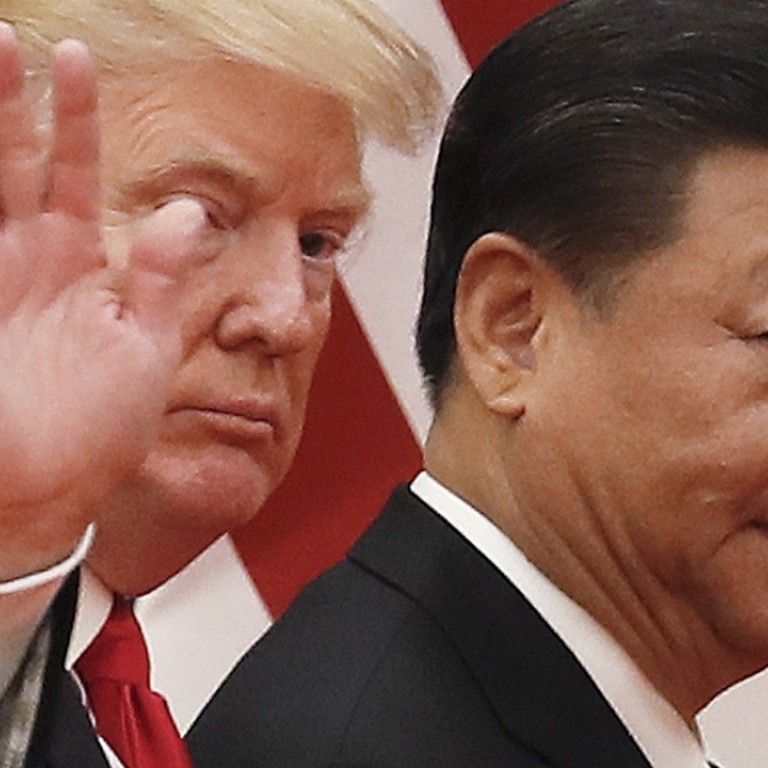
The US-China trade war isn’t just about trade – and that’s why Trump and Xi won’t resolve it at the G20
- Neal Kimberley says the US-China dispute, from tariffs to Taiwan, runs so deep and the US is feeling so good about its position that one meeting won’t end it
That said, Tan feels that, with goodwill on both sides, progress could be made “but the idea [that] in four weeks, following a months-long vacuum in trade talks, the Trump [cabinet] can artfully put together a ‘deal’ to show a big win for the [US president] seems a tall order”.
Indeed, when asked by CNBC on Friday if Trump had ordered the US cabinet to draw up a possible trade deal with China, director of the National Economic Council Larry Kudlow replied: “No, not specifically”, adding “we are not on the cusp of a deal”.
But what was even more revealing was how Kudlow then described the current state of play between the two sides, expressing disappointment at the lack of progress on trade differences and reiterating the issues Washington would like addressed if US-China trade relations are to get back on track.
Larry Kudlow on the Trump-Xi meeting at the G20
“[The Chinese] have disappointed us,” Kudlow said. “Their responses to our asks have been unsatisfactory.” When asked if new proposals from China explained the possibility that Xi and Trump would include trade on their proposed G20 meeting agenda, Kudlow was clear that “we haven’t seen anything from the Chinese yet, nothing”.
That is quite a list. And if, so far, there has been no meaningful engagement between the two sides over these issues, it seems unlikely that those differences could be easily resolved in the few weeks before the G20 takes place.
And, anyway, why would Washington itself be in any particular hurry to cut a deal with Beijing on trade? US economic data is currently robust. Trump tweeted on Friday that, “Everyone is excited about the Jobs Numbers – 250,000 new jobs in October. Also, wages rising. Wow!”
Economists polled by Reuters had expected a rise of 190,000 in US nonfarm payrolls for October, but the actual number was 250,000. The US unemployment rate stayed at a 49-year low of 3.7 per cent while a 0.2 per cent rise in average hourly earnings last month pushed the annual increase in US wages to 3.1 per cent, its largest gain since April 2009.
Xi and Trump will meet in Buenos Aires but with regard to ending the current trade war, it takes two to tango. Neither China nor the US may yet be ready to take to the dance floor.
Neal Kimberley is a commentator on macroeconomics and financial markets

